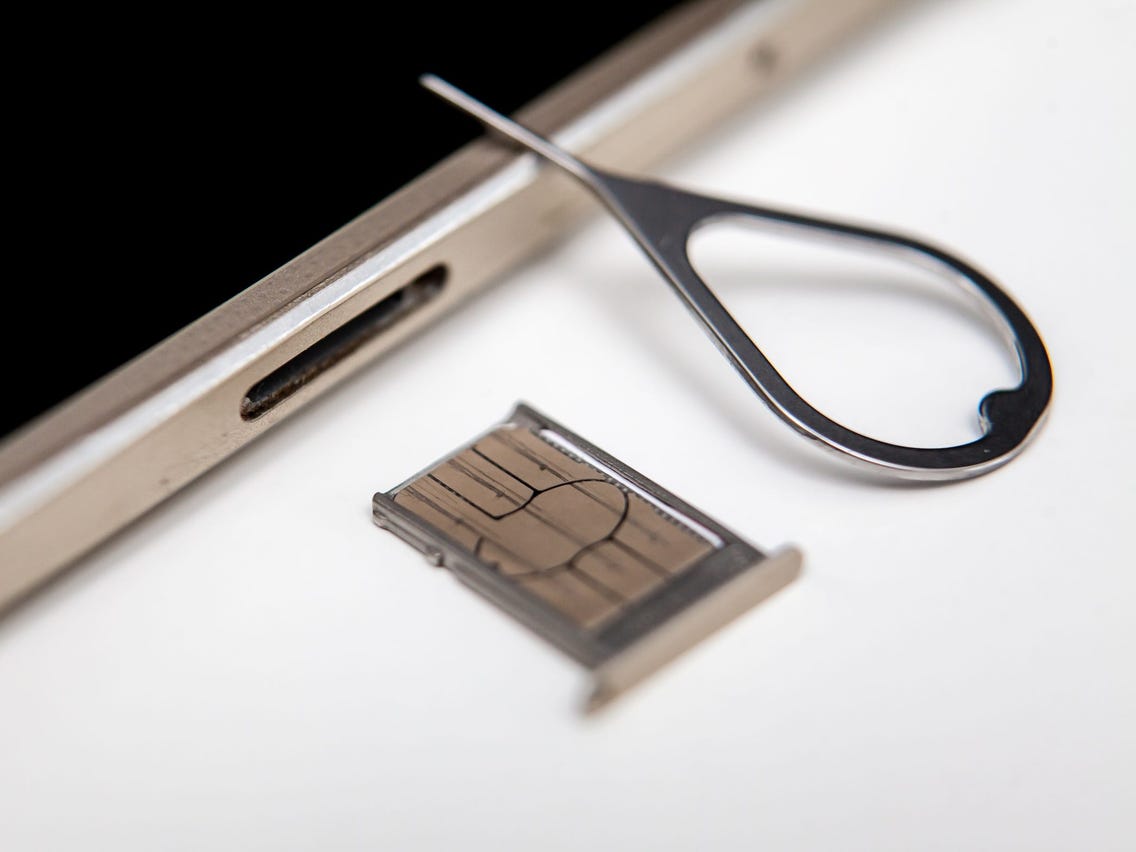A SIM card, or Subscriber Identity Module, is a small electronic chip that is used in mobile phones to identify and authenticate the user on a cellular network. It is an essential component of any mobile phone and without it, you cannot use the phone to make calls, send text messages or access mobile data.
A SIM card replacement is necessary in certain situations such as when your SIM card is lost or stolen, damaged or worn out, or when it is blocked due to PIN or PUK issues. Generally speaking, a SIM card can last for at least 5 years if it is properly cared for and not removed frequently. However, some users have reported using the same SIM card for over 10 years without any problems.
It is important to note that physical SIM cards can stop working due to various reasons, including corrosion or water damage. Exposure to excess water, spraying, splashing, or submerging can cause the physical SIM to stop working. It is therefore important to handle your SIM card with care and avoid exposing it to water or other liquids.
If you are thinking about switching to a different carrier, you will need to get a new SIM card for your phone. Carriers can help you port over your phone number and contacts, but you will need a new SIM card to activate service with a new carrier.
While a SIM card can last for several years, it is important to handle it with care and replace it when necessary. If you experience any issues with your SIM card, such as loss or damage, it is important to get a replacement as soon as possible to avoid any disruptions to your mobile service.

Why Would A SIM Card Need To Be Replaced?
A SIM card may need to be replaced for a variety of reasons. Firstly, if a SIM card or handset is lost or stolen, a replacement SIM card will need to be obtained to continue using the mobile phone service. Secondly, if a SIM card is damaged or worn out due to regular usage or improper handling, it may need to be replaced to ensure the proper functioning of the mobile phone. Lastly, if a SIM card is blocked due to entering an incorrect PIN or PUK code multiple times, a replacement SIM card will be required to regain access to the mobile phone service. In all these cases, a SIM card replacement is necessary to ensure uninterrupted access to mobile phone services.
What Is The Average Life Of A SIM Card?
The average lifespan of a SIM card is typically around 5 years, assuming it has been properly maintained and not frequently removed. However, some individuals have reported using the same SIM card for over 10 years without any issues. It’s important to note that the lifespan of a SIM card can vary depending on various factors such as usage, exposure to extreme temperatures or moisture, and the quality of the SIM card itself. To ensure the longevity of your SIM card, it’s recommended to handle it with care and avoid unnecessary removal or physical damage.
What Causes A SIM Card To Go Bad?
A SIM card can go bad due to various reasons such as physical damage, exposure to moisture or humidity, corrosion, or simply reaching the end of its lifespan. Physical damage can occur due to mishandling or dropping of the SIM card, which may lead to cracks or breaks on the surface. Additionally, moisture or humidity can cause the metal contacts on the SIM card to corrode and disrupt the connection between the SIM card and the device. Over time, a SIM card may also reach the end of its lifespan, causing it to become outdated and incompatible with newer devices. Other factors such as exposure to extreme temperatures or magnetic fields can also cause a SIM card to go bad. It is important to handle SIM cards with care and keep them away from moisture and extreme temperatures to ensure their longevity.
When Should I Get A New SIM Card?
A new SIM card is typically required when you switch to a different carrier or if your current SIM card is damaged or lost. If you are switching to a different carrier, you will need to obtain a new SIM card from the new carrier to activate service with them. It’s important to note that your contacts and phone number can typically be ported over to the new carrier, but a new SIM card is still required. Additionally, if your current SIM card is damaged or lost, it will need to be replaced with a new one to continue using your phone’s cellular service. It’s important to contact your carrier to obtain a new SIM card as soon as possible to avoid any disruptions in service.
Conclusion
A SIM card is an essential component of your mobile phone and serves as the link between your device and the mobile network. It stores important information such as your phone number, contacts, and other data necessary for your phone to function correctly. While SIM cards can last for several years, they can become damaged or worn out over time. If this happens, it’s essential to replace your SIM card to avoid any disruptions in service. When switching carriers, you’ll also need to obtain a new SIM card to activate service with the new carrier. By understanding the importance of your SIM card and taking proper care of it, you can ensure that your phone continues to function correctly and that you’re always connected to the mobile network.







